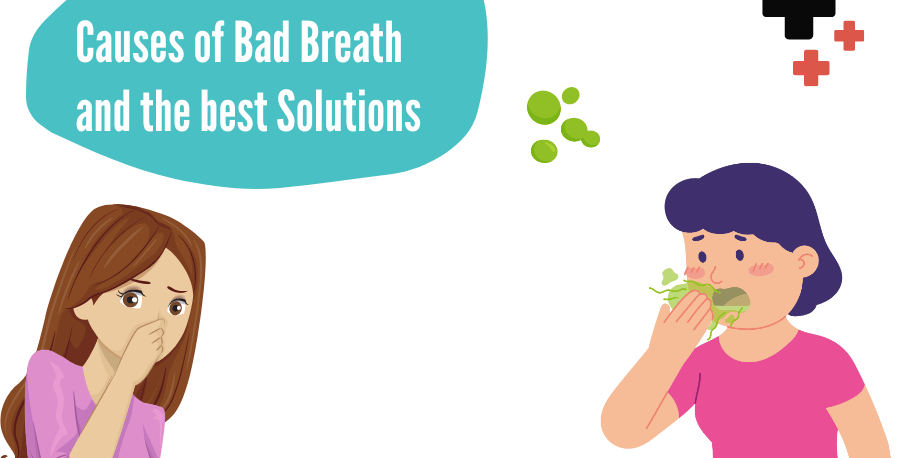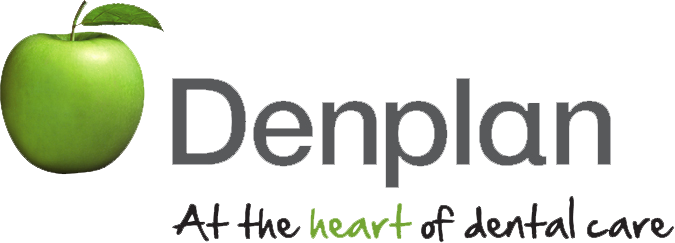Introduction:
Seasonal allergies, often associated with sneezing, itchy eyes, and congestion, might not be the first thing that comes to mind when thinking about oral health. However, there’s a surprising connection between seasonal allergies and the well-being of your mouth. In this blog post, we’ll explore the ways in which seasonal allergies can impact your oral health and what you can do to mitigate their effects.
- Dry Mouth: One common side effect of seasonal allergies is dry mouth. Allergic reactions can lead to increased mouth breathing, reducing saliva production. Saliva plays a crucial role in maintaining oral health by neutralizing acids, washing away bacteria, and aiding in digestion. A dry mouth environment can contribute to bad breath, an increased risk of cavities, and discomfort.
- Allergic Reactions and Oral Tissues: Some individuals may experience allergic reactions that manifest in the oral cavity. Swelling, redness, or itchiness of the lips, tongue, or other oral tissues can occur. In severe cases, there may be a risk of oral inflammation or even anaphylaxis, though this is rare.
- Effects on Gums and Teeth: Allergies can also influence the condition of your gums and teeth. The inflammatory response triggered by allergies may contribute to gingivitis, causing gums to become red, swollen, and prone to bleeding. Additionally, breathing through the mouth due to nasal congestion can lead to a decrease in saliva flow, increasing the risk of tooth decay and gum problems.
- Impact on Orthodontic Appliances: For individuals with orthodontic appliances like braces or aligners, seasonal allergies can pose additional challenges. Allergies may lead to increased nasal congestion, making it more difficult for individuals to maintain proper oral hygiene around their orthodontic devices.
Tips for Managing Oral Health During Allergy Season:
a. Stay Hydrated: Drink plenty of water to combat dry mouth and help flush away allergens.
b. Maintain Oral Hygiene: Brush and floss regularly to reduce the risk of cavities and gum issues.
c. Rinse Sinuses: Use a saline nasal rinse to help alleviate nasal congestion and reduce mouth breathing.
d. Consider Allergy Medications: Consult with a healthcare professional about allergy medications to manage symptoms.
Conclusion:
While seasonal allergies primarily affect the respiratory system, their impact on oral health should not be overlooked. Being aware of potential oral issues during allergy season and taking proactive steps to maintain good oral hygiene can help you navigate this challenging time. If you experience persistent oral symptoms or concerns, it’s advisable to consult with a healthcare professional or dentist for personalized advice and guidance.

















